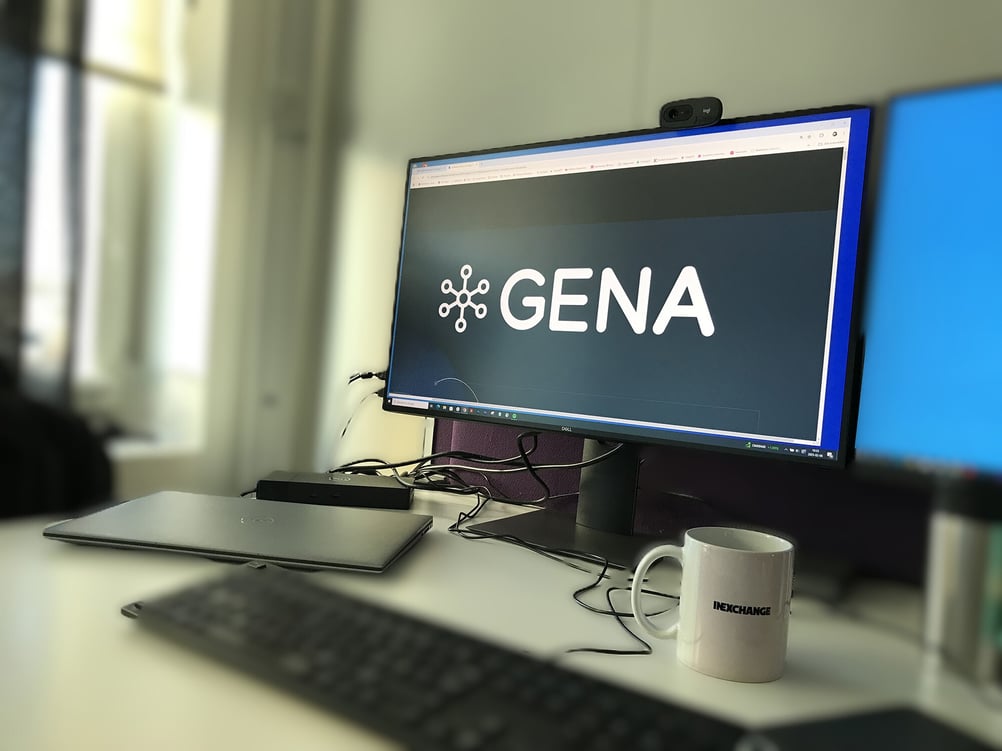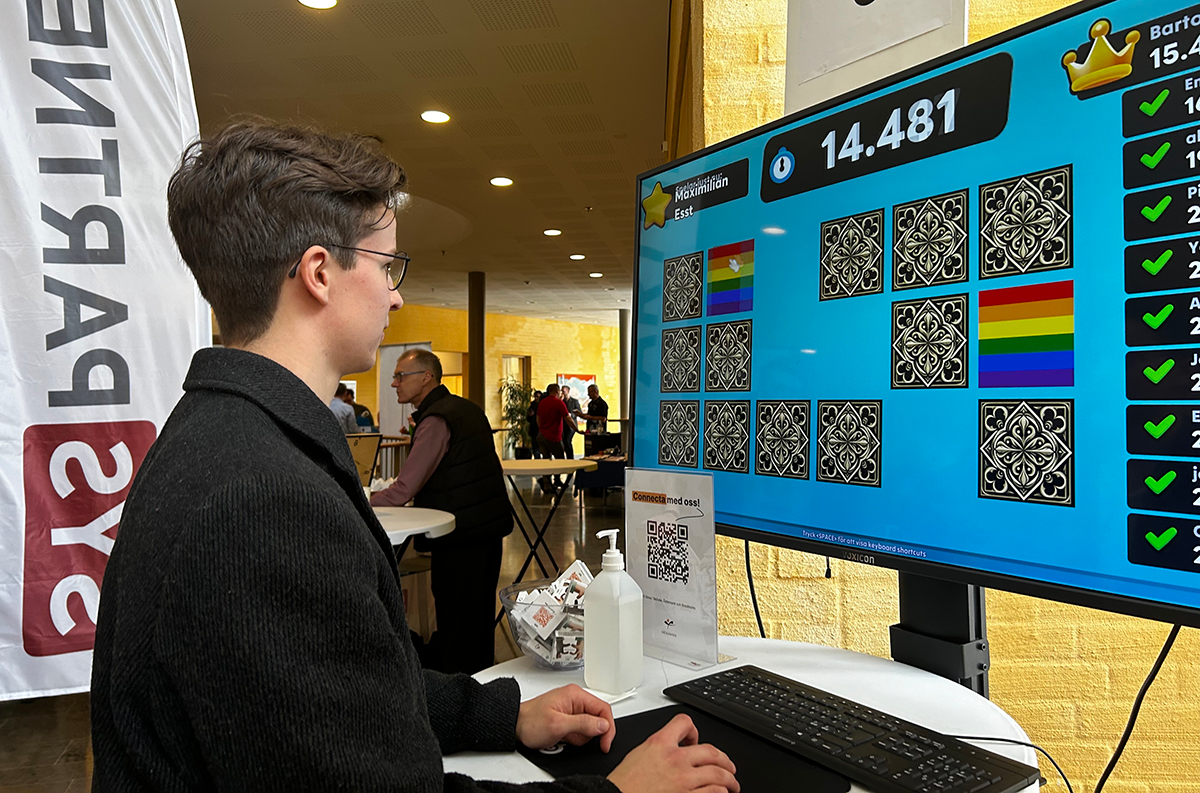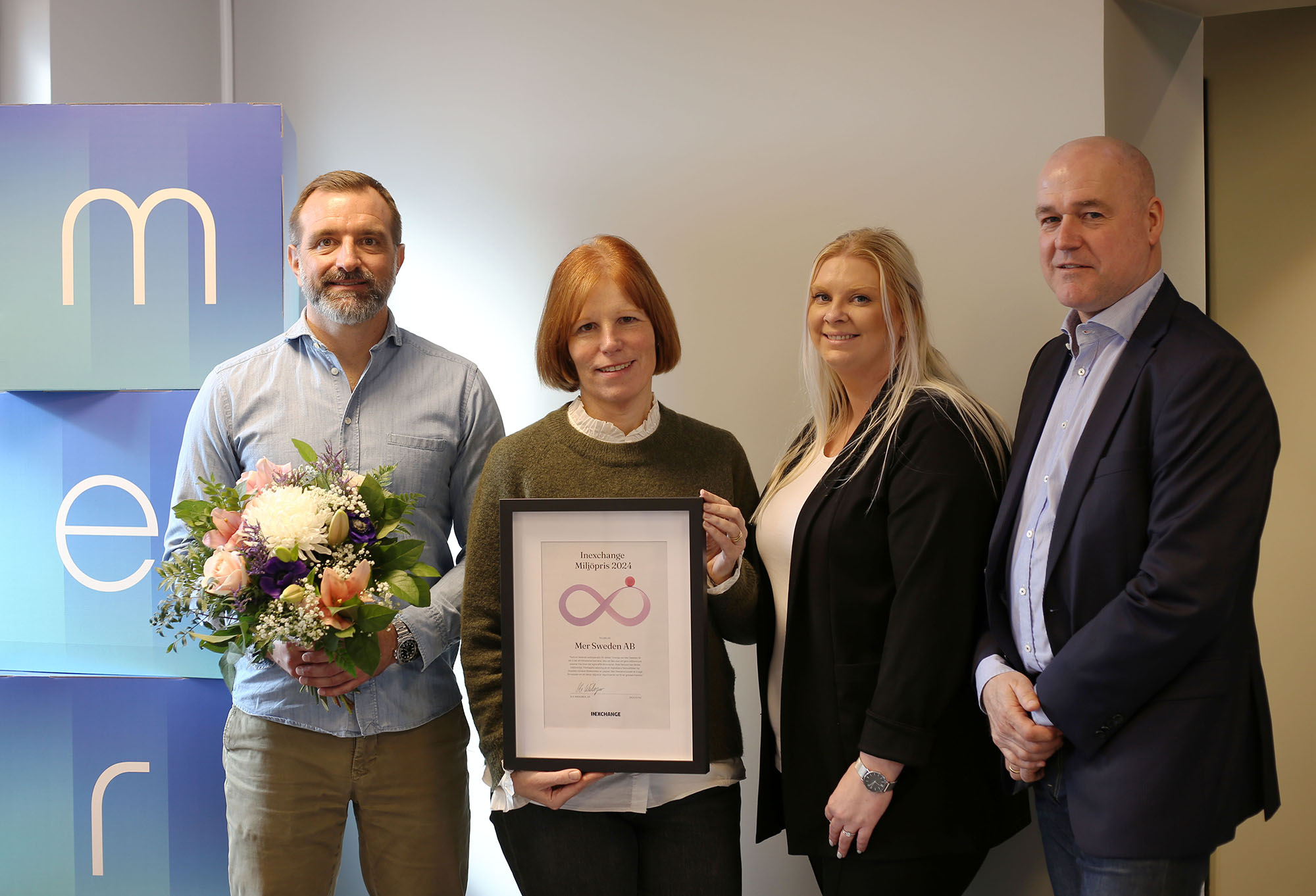GENA proposes measures for market strategy

The European Commission has issued a call for a review of the Internal Market Strategy for the current year.
GENA, the international body of e-invoice operators, has responded to the Commission's call with six recommendations. GENA emphasizes the need to facilitate the cross-border provision of services and transport of goods, focusing on digital solutions such as e-invoicing and other essential digital documentation.
The European Commission wants to see improvements in the Single Market Strategy that can address the main challenges and thereby positively impact competitiveness.
The Global Exchange Network Association (GENA), in its response, conveyed by its Secretary General Marcus Laube, states that it wholeheartedly supports the Commission's efforts to create a more integrated and efficient Single Market. More specifically, the organization's advice is to achieve further harmonization of e-invoicing, to ensure the interconnection (interoperability) of service providers and to prevent a fragmentation of the regulatory framework.
"Through these measures, the EU can establish a frictionless digital trading environment that benefits both businesses and citizens", writes GENA.
Moreover, GENA points out, a way forward has already been created.
"The VAT In The Digital Age (ViDA) initiative represents a milestone in the realization of a seamless and integrated digital ecosystem for trade. But further action is needed on remaining barriers and inefficiencies. We propose a number of concrete measures to support a more cohesive and competitive single market."
GENA's recommendations
The recommendations are presented in the form of six points.
Establishment of a pan-European pentagonal model for e-invoicing
GENA advocates the decentralized pentagonal model (DCTCE) as a balanced solution for both public and private stakeholders. The model leverages existing standards and technologies and promotes flexibility by not being limited to a single framework. With internationally recognized standards such as Peppol, as a common reference point, seamless and efficient implementation is facilitated.
Harmonization and standardization of e-invoices, status reporting and distribution methods
The introduction of national standards in Member States has led to fragmentation in e-invoicing, creating compliance costs for businesses, especially those operating in multiple countries. GENA therefore proposes to:
● Standardize status reporting for e-invoices across the EU.
Harmonize e-invoice distribution to facilitate cross-border transactions.
■ 3. Creation of an EU-wide centralized business register
To facilitate the exchange of e-invoices and other digital commercial documents, a centralized European Business Register should be established. This would serve as an orientation for businesses, which in turn can identify where and how to send documents to their business partners.
4. EU certification of service providers
The ViDA initiative recognizes the need to ensure that e-invoices comply with European standards. In order to increase market confidence, GENA recommends the establishment of an EU-wide certification scheme for e-invoicing service providers. This would standardize requirements and reinforce the credibility of e-invoicing services.
Mandatory roaming between certified service providers
To ensure that businesses can reach all their trading partners within the Single Market, certified service providers should provide mandatory roaming. This would reduce costs and increase efficiency by improving technical standards and frameworks.
Avoidance of local delimiting cloud requirements
GENA recommends that the EU implements a harmonized European cloud security standard. Local sovereign cloud requirements, such as France's upcoming regulation, should be avoided as they create national constraints and run counter to the principles of the Single Market.


